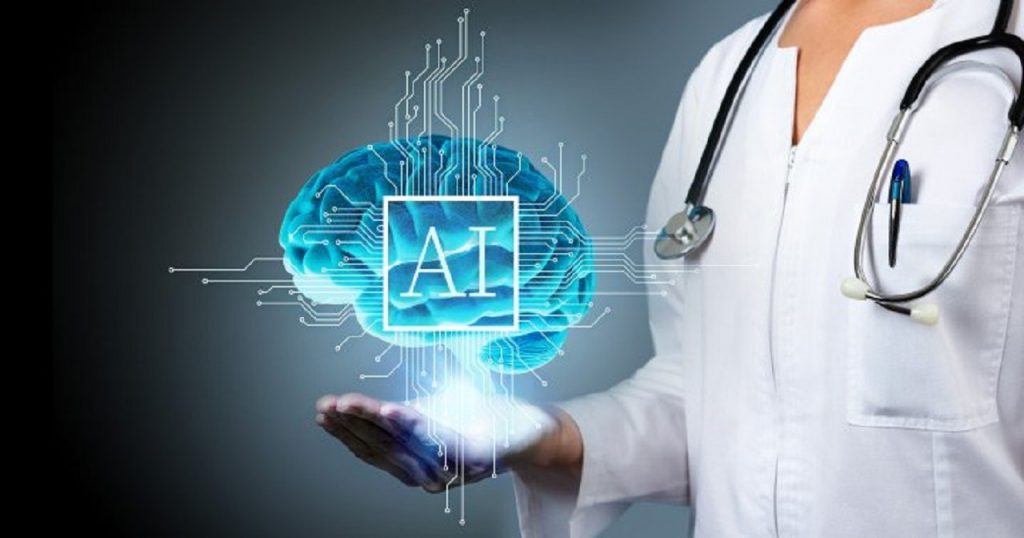
As we round out 2022 and look back at the many incredible scientific breakthroughs of the year, witness, these 2022 advancements, to name only a few:
1. A giant Icelandic fan sucking 4000 metic tons of carbon dioxide out of the sky
2. We have a chance at making Limitless carbon-free energy through fusion reactors
3. Fully lab grown mini-organs
4.With an infrared telescope we can peer into the Universe more than 12 billion years ago
5. We will be able to vaccinate ourselves against most forms of COVID-19, and influenza
As much as I wonder what science fiction movie I’ve fallen into, my belief is that none of these will have as immediate and broad impact across all sectors of industry, as the public release of ChatGPT. Using ChatGPT, entrepreneurs are racing to create all kinds of new tools and products that will surprise, delight and maybe shock us. ChatGPT, which stands for Generative Pre-trained Transformer, is a type of Artificial Intelligence software, built using machine learning language by OpenAI, a San Francisco A.I.company founded by Sam Altman, Elon Musk, others and funded by Microsoft. The software is based on generative AI, a method of computation that uses unsupervised and semi-supervised machine learning. Kevin Roose in his New York Times December 5 article stated, “ChatGPT is, quite simply, the best artificial intelligence chatbot ever released to the general public.”
Though the technology has been around for years, with ChatGPT, for the first time, the language models behind the AI tools are easily accessible and usable for the public to create art, write and combine other content with a human-like touch. For the first time, the general public is able to engage with artificial intelligence beyond our traditional ways of utilizing it. Thus far, AI has been a tool for enhanced: 1) question and answer based on human derived responses 2) categorization and matching, 3) decision-making aid by ordering and sorting through multiple options. For once, AI is giving people the ability to create completely novel scenarios without any human trained inputs. WIth public release of ChatGPT, people can finally experience the power of generative AI, the machine learning language used by ChatGPT. Here the software is allowing people to create images, videos and write in exactly that way that is completely new, surprising and entertaining to us along with giving Google a run for its money.
As an example, in 2017, the power of AI was quietly demonstrated when AlphaZero, an AI program developed by Google and UK based DeepMind defeated Stockfish, the most powerful chess program. The difference between AlphaZero and other programs is that until then, programs were trained based on human knowledge and experience enabling them to win based on computing power. Software programs at the time helped people quickly increase the set of possible potential options based on the information they were provided. However, finding a “meaningful and realistic” option was still a challenge.
AlphaZero relied on no pre-programing from human moves. The rules of chess were provided and AlphaZero was asked to maximize the proportion of wins to losses. It executed moves no human had ever considered to beat its opponent. Until now, no human has ever beat it. AI brought the great chess masters to their knees.
What does this mean? Artificial intelligence is able to be make meaningful decisions and be realistic, thus, be truly “intelligent”. It can come up with ideas and concepts beyond the human imagination. As Henry Kissinger and colleagues write in, The Age of AI And Our Human Future,“Only rarely have we encountered a technology that challenged our prevailing modes of explaining and ordering the world. But AI promises to transform all realms of human experience.”
How will this impact healthcare? In 2020, researchers from MIT used AI pick out a molecule out of 61,000 molecular library and identified an antibiotic called Halicin that was found to kill a strain of bacteria for which there was no known antibiotic. The cost of such a discovery effort using traditional methods would have been prohibitively expensive. Another example is AlphaFold2, an AI program from DeepMind and Google which accurately predicted protein structures from the Amino Acid sequences.
In my recent article, I write that being able to make intelligent decisions and draw meaningful insights is the current challenge rather than what was has been the in the past a land grab for data. In the future, with the democratization of tools such as ChatGPT, any entrepreneur and product developer create meaningful healthcare applications. As soon as he heard of ChatGPT, physician, Clifford Stermer MD used ChatGPT to write a letter to an insurance company to approve his patient for an Echocardiogram (despite seemingly impressive letter that the program wrote, he found some flaws in the accuracy of the program).
This kind of creativity can be exceptionally meaningful to early stage digital health companies relying on AI for a variety of applications such as in healthcare delivery namely, physician note taking, electronic health records, digital therapeutics, healthcare fintech, precision medicine, to name a few. 2022 was a year where funding in digital health companies slowed to a grind; however, the last 18 months has seen seed deals explode in this generative AI. According to Pitchbook, there were 78 deals, $1.37 billion in investment in 2022, a rarity in last year’s investing landscape. My hope and prediction for 2023 is that we can use this technology for great creativity and innovation in AI based digital health companies to enhance and demonstrate their value proposition.

